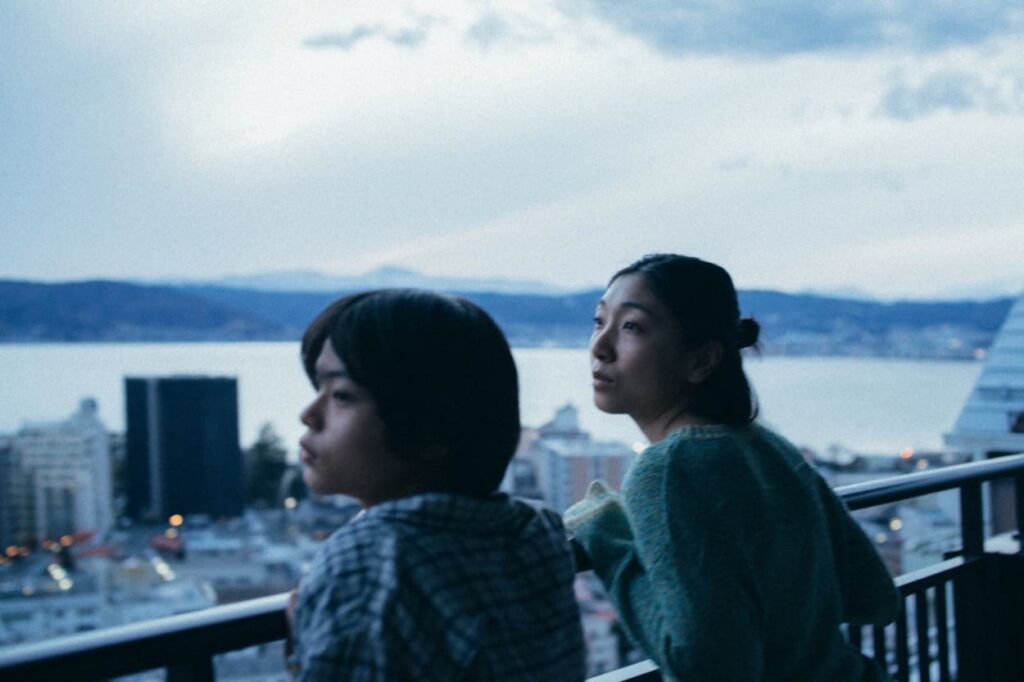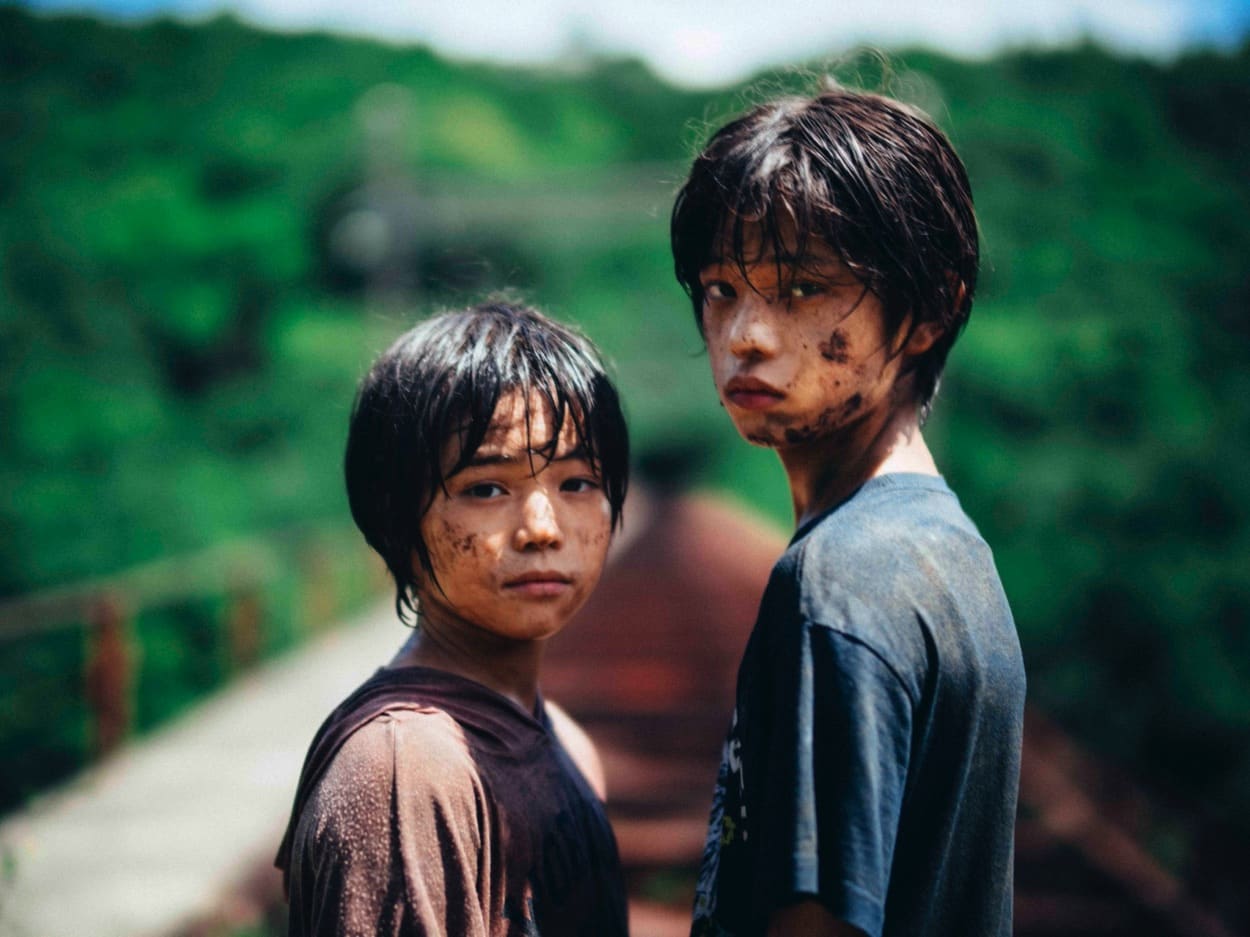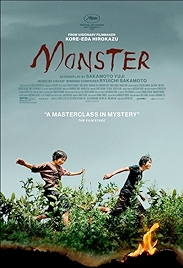Second-rate Hirokazu Kore-eda is still first-rate moviemaking. Here’s Monster, the first film he hasn’t written himself for nearly 30 years, a mix of familiar Kore-eda themes and explorations of new fields.
Yûji Sakamoto is the TV writer Kore-eda contacted to write his first Japanese-language film in several years, having gone to France for The Truth (2019) and South Korea for Broker (2022). He’d always wanted to work with Sakamoto, Kore-eda said. For his part, Sakamoto pounced at the chance, having once described Kore-eda as “the world’s best screenwriter”. No pressure then.
What they came up with together is a faintly Rashomon-style re-examination of the same story from different angles. Each pass over the same ground reveals new details, casts a new light on events but always asks the same question – who’s the Monster now?
We start off with a mother, Saori (Sakura Andō), who discovers that her schoolboy son, Minato (Sōya Kurokawa), is being bullied at school by his teacher, Mr Hori (Eita Nagayama). Wasting no time and in high dudgeon Saori sets off for the school, where she is given the royal run-around by the sarcastic Mr Hori and the school’s disdainfully over-polite principal (Yūko Tanaka), who is just back from compassionate leave after the accidental death of her grandson.
Sakamoto and Kore-eda present this as the “straight” version – nice, worried mother, victim son, brutish teacher, coldly aloof principal – before returning to the scenario again. This time they approach from a different angle, of the bullying Mr Hori, followed by yet another point of view, that of young classmate Yori (Hinata Hiiragi).
Each time a new perspective, each time a new Monster, with mother Saori eventually turning detective in an attempt to get to the bottom of the who-did-what of the situation. The reveal – no spoilers – is not what you might expect.

The theme of Kore-eda’s movies is usually the human urge to construct a family out of whatever is to hand. It’s much more in the background here than in films he writes himself. But it’s still there in the relationship between Minato and Yori. Both boys have dad issues – Minato’s is dead, Yori’s is a drunken brute – and in their reaching towards each other the boys try to make something new and good out of something old and bad.
Another Kore-eda theme – the superficial relationship versus the subterranean – is much more in evidence, as Minato and Yori become friendlier and their laddish adventures walking up sodden tunnels to visit an abandoned railway carriage morph into something else entirely.
It’s a more melodramatic, more obviously “structured” film than Kore-eda’s usual output, and it lacks that remarkable quality of his best work, when things just seem to be happen unshaped by pre-existing norms, a story flowing off the screen like water pouring out of a rock. The forlorn score, by Ryuichi Sakamoto (his last, the film is dedicated to him), emphasises that we’re in the realm of the weepie, to some extent.
There is the gentleness of Kore-eda’s best films (a tough call but I Wish, Like Father, Like Son and Our Little Sister would turn up on most lists alongside Shoplifters), and once again he coaxes lovely performances out of his cast, some of whom, like Sakura Andō, are old hands, but others, like Hiiragi and Kurokawa, are relative newcomers (as you might expect from a 12- and 14-year-old).
And beneath a story about a boy and his world, a teacher and his world and a mother negotiating different realities, Kore-eda and Yûji Sakamoto push back against the notion of “my truth” with a reminder that objective reality. is still out there, even if many people are too lazy to bother looking.
Monster – Watch it/buy it at Amazon
I am an Amazon affiliate
© Steve Morrissey 2024

